Why is the BBC moving journalists out of London?
Broadcaster planning to relocate 400 roles to cities around the UK
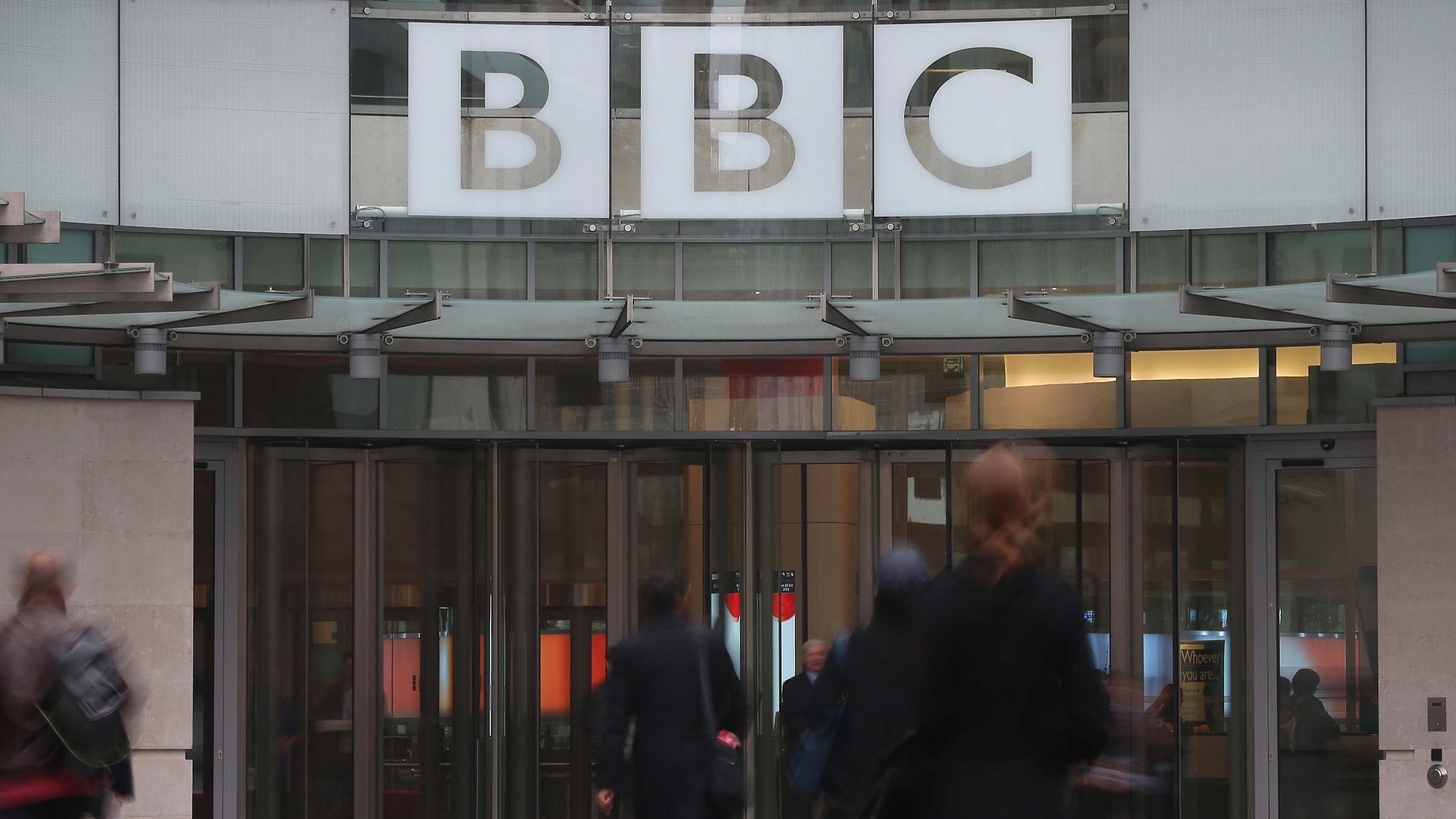
A free daily email with the biggest news stories of the day – and the best features from TheWeek.com
You are now subscribed
Your newsletter sign-up was successful
Hundreds of BBC journalists will have to move out of London to keep their jobs after the broadcaster announced sweeping plans to relocate roles away from the capital.
Director-general Tim Davie told staff that the shift away from London will help to represent “different voices and perspectives”, adding that the BBC should tell stories “from all corners of the UK”, Press Gazette reports.
According to the National Union of Journalists (NUJ), 400 roles are being moved out of London and 150 roles closed, while Davie said that a network of more than 100 digital reporters would be created “to bring us closer to some of the UK’s most under-served communities”.
The Week
Escape your echo chamber. Get the facts behind the news, plus analysis from multiple perspectives.

Sign up for The Week's Free Newsletters
From our morning news briefing to a weekly Good News Newsletter, get the best of The Week delivered directly to your inbox.
From our morning news briefing to a weekly Good News Newsletter, get the best of The Week delivered directly to your inbox.
Specialist journalism teams, for example those covering the environment, technology and education, will be relocated from London to new bases in Leeds, Cardiff, Glasgow and Birmingham.
However, “one of the biggest challenges” for the broadcaster’s management will be “convincing existing big-name presenters and top executives to move to the new locations”, The Guardian says.
Staff on the London-based teams impacted by the decision told the paper that they “expected the vast majority of their colleagues to quit rather than uproot their families and relocate elsewhere in the country”.
Technology correspondent Rory Cellan-Jones tweeted that it was a “tricky day” for his team, saying Glasgow – where technology reporters will be expected to relocate – is “a great city”, before adding: “Many of us are not at the stage in life where we can uproot our families.”
A free daily email with the biggest news stories of the day – and the best features from TheWeek.com
Redundancies at the BBC across the UK “means the public service BBC is smaller by more than 900 people than this time last year”, says Press Gazette.
Paul Siegert, the NUJ’s national broadcasting organiser, said that the union “welcome[s] more diversity and creating more content out of London”. But he added that “it’s strange that at the same time the BBC is talking about the importance of getting out of London… it has also axed 450 posts in English regions and cut £25m from that budget”.
The Guardian says that there was also “open anger on a call with head of news Fran Unsworth” after she suggested that “that too many [BBC journalists] live in expensive areas of London such as Wandsworth and Richmond”.
Many journalists pointed out that despite the shifting of roles away from London, “the corporation’s existing London-based executive board members are expected to remain based in the capital”, the paper adds.
Joe Evans is the world news editor at TheWeek.co.uk. He joined the team in 2019 and held roles including deputy news editor and acting news editor before moving into his current position in early 2021. He is a regular panellist on The Week Unwrapped podcast, discussing politics and foreign affairs.
Before joining The Week, he worked as a freelance journalist covering the UK and Ireland for German newspapers and magazines. A series of features on Brexit and the Irish border got him nominated for the Hostwriter Prize in 2019. Prior to settling down in London, he lived and worked in Cambodia, where he ran communications for a non-governmental organisation and worked as a journalist covering Southeast Asia. He has a master’s degree in journalism from City, University of London, and before that studied English Literature at the University of Manchester.
-
 The ‘ravenous’ demand for Cornish minerals
The ‘ravenous’ demand for Cornish mineralsUnder the Radar Growing need for critical minerals to power tech has intensified ‘appetite’ for lithium, which could be a ‘huge boon’ for local economy
-
 Why are election experts taking Trump’s midterm threats seriously?
Why are election experts taking Trump’s midterm threats seriously?IN THE SPOTLIGHT As the president muses about polling place deployments and a centralized electoral system aimed at one-party control, lawmakers are taking this administration at its word
-
 ‘Restaurateurs have become millionaires’
‘Restaurateurs have become millionaires’Instant Opinion Opinion, comment and editorials of the day
-
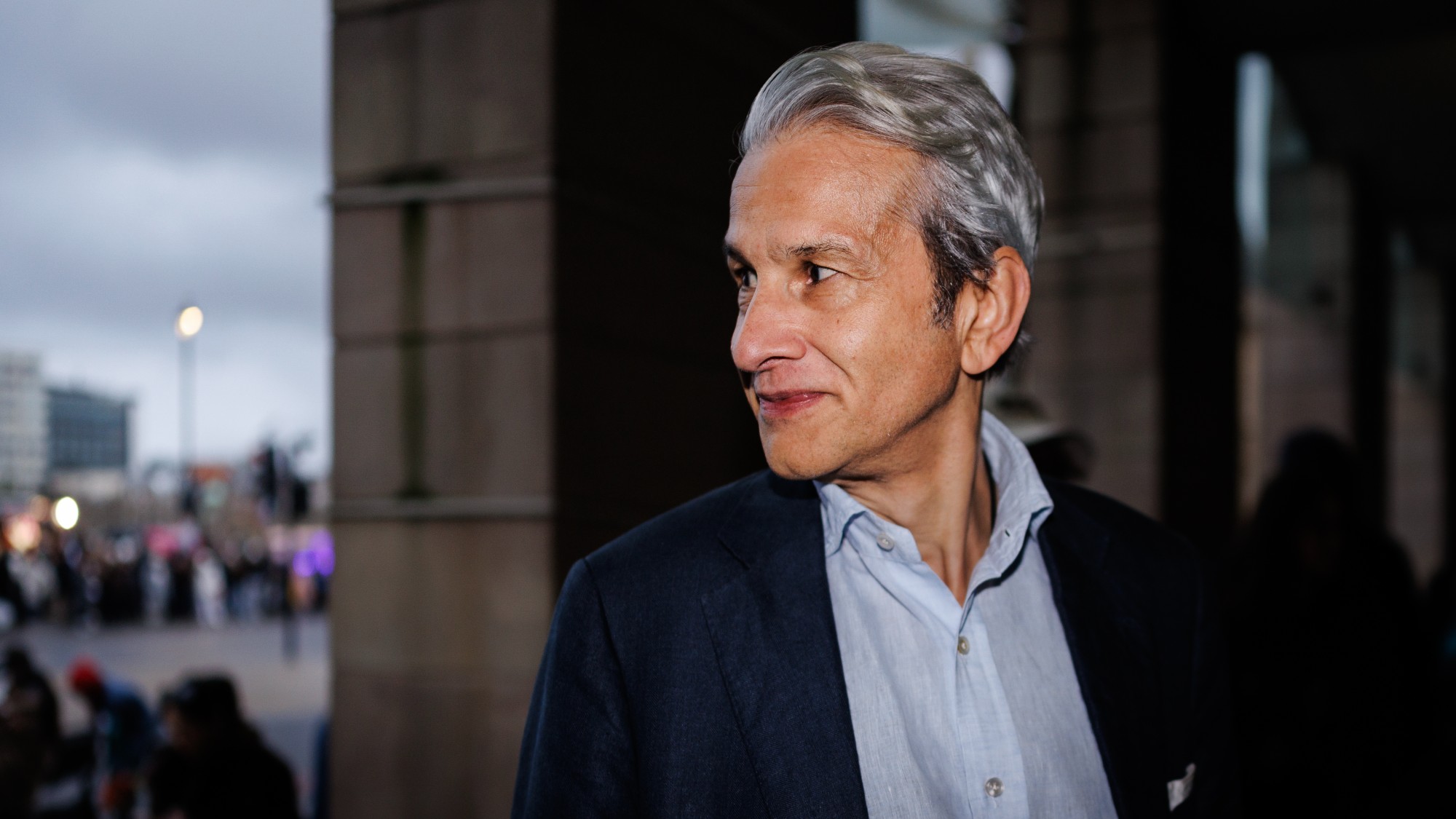 Can the BBC weather the impartiality storm?
Can the BBC weather the impartiality storm?Today's Big Question MPs’ questions failed to land any ‘killer blows’ to quell the ‘seismic outrage’ faced by the BBC
-
 What are the impartiality rules for BBC presenters?
What are the impartiality rules for BBC presenters?The Explainer News presenters and hosts of 'flagship programmes' must adhere to tougher guidelines than other staff and freelancers
-
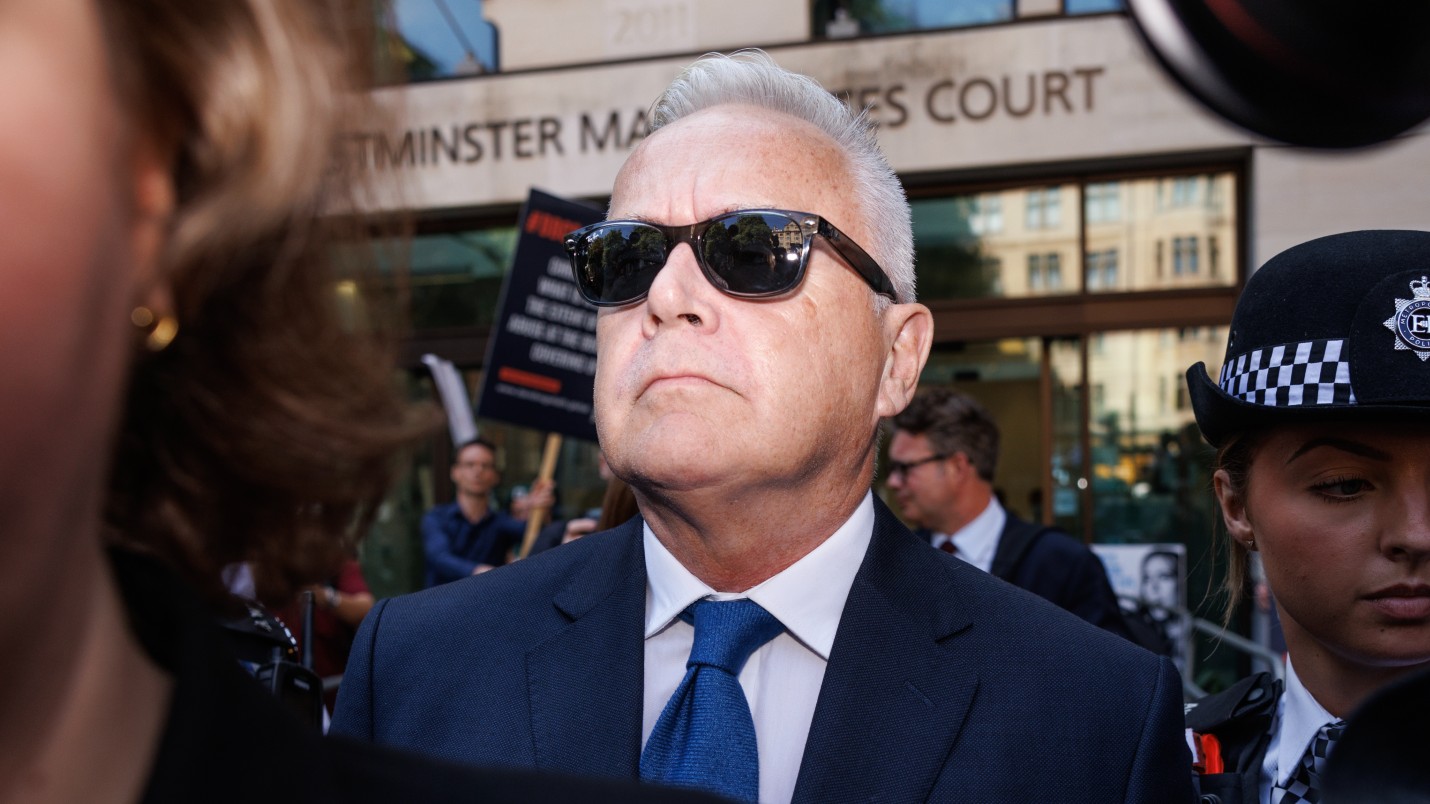 Huw Edwards: why is the BBC so scandal-prone?
Huw Edwards: why is the BBC so scandal-prone?In the Spotlight The national broadcaster has serious questions to answer
-
 Strictly Come Dancing scandal timeline: what happened when
Strictly Come Dancing scandal timeline: what happened whenIn the Spotlight BBC director general addresses speculation over show's future and apologises to celebrity contestants who say they were mistreated
-
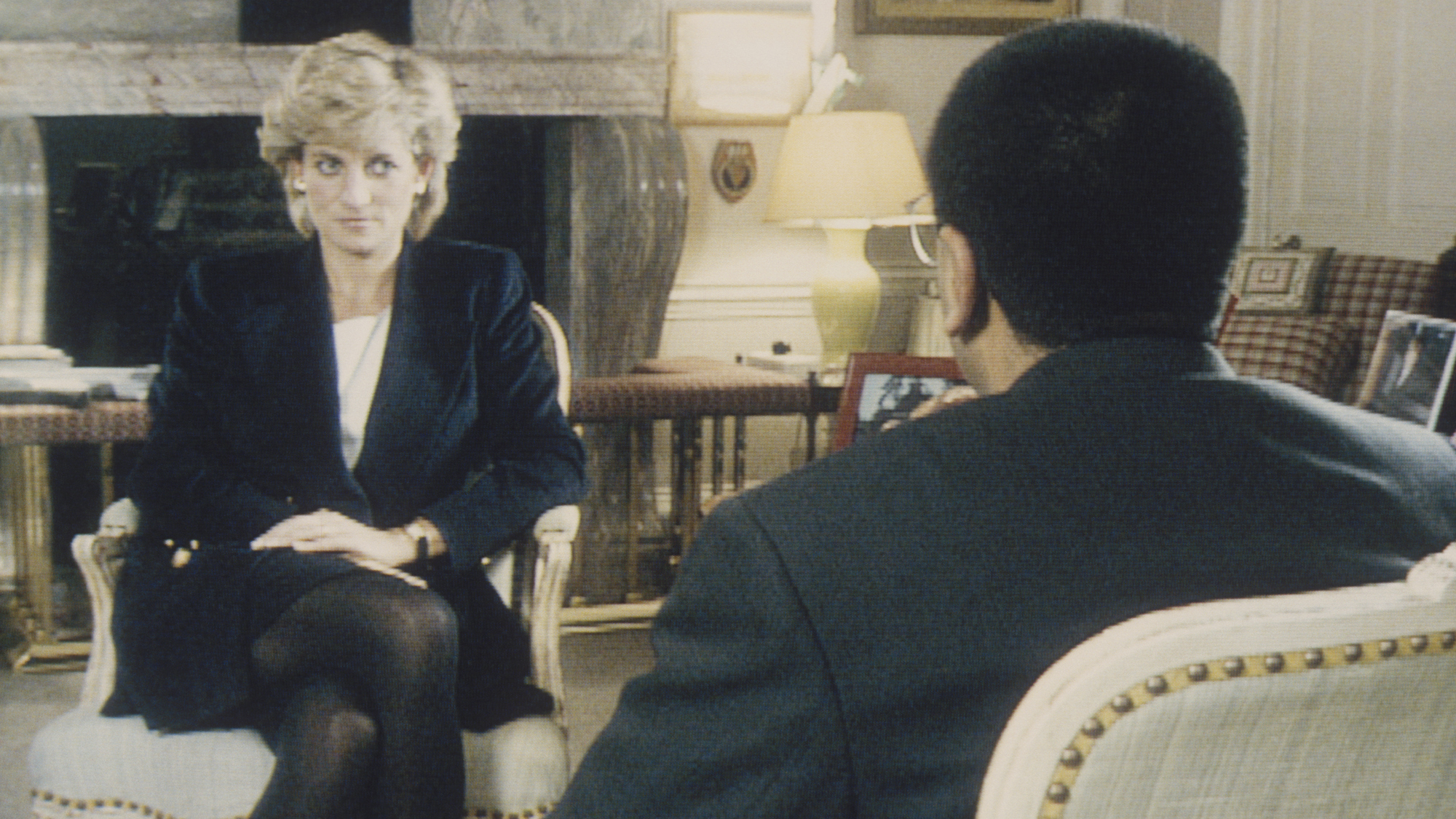 The Princess Diana interview and Martin Bashir's redacted dossier
The Princess Diana interview and Martin Bashir's redacted dossierIn the Spotlight The newly revealed documents show Bashir claimed jealousy and discrimination fuelled allegations against him
-
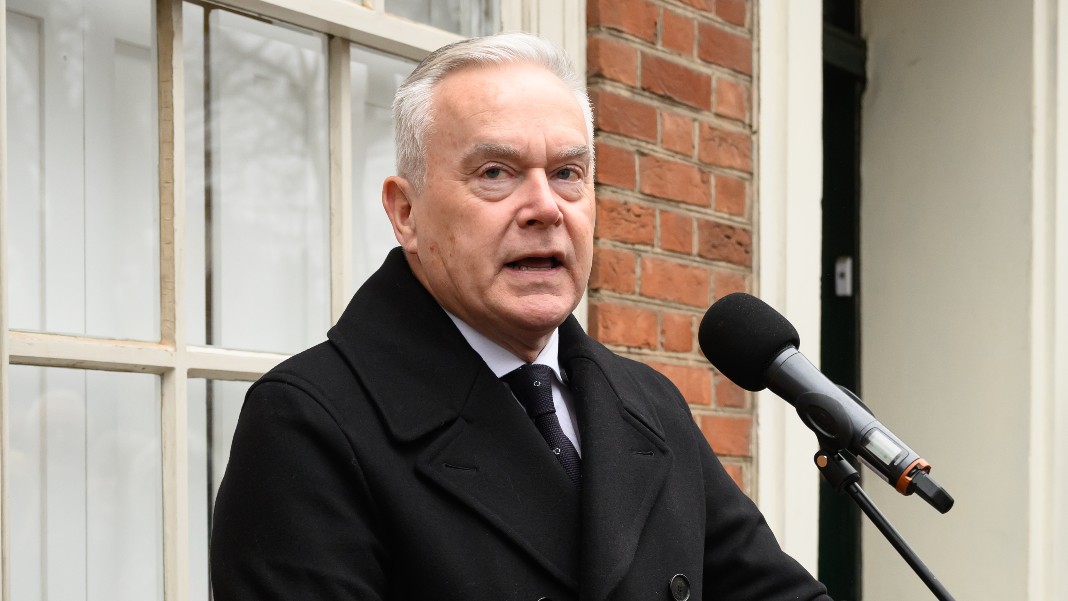 Huw Edwards and the question of ‘public interest’
Huw Edwards and the question of ‘public interest’Talking Point Privacy law ‘mess’ needs to be cleared up, not by judges, but by Parliament
-
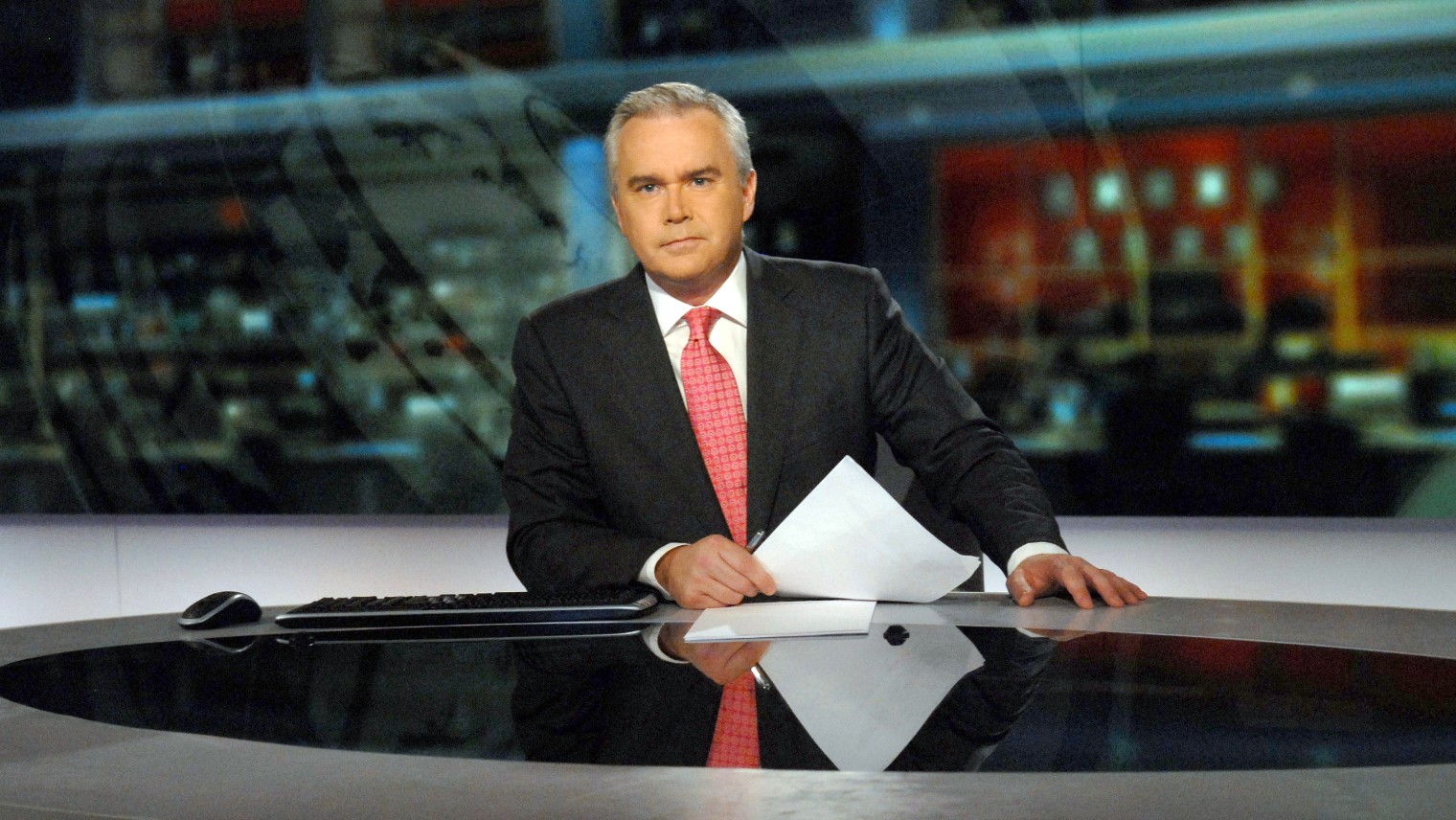 Huw Edwards named as presenter at centre of BBC crisis
Huw Edwards named as presenter at centre of BBC crisisIn Depth News reader’s wife, Vicky Flind, says he will remain in hospital for foreseeable future
-
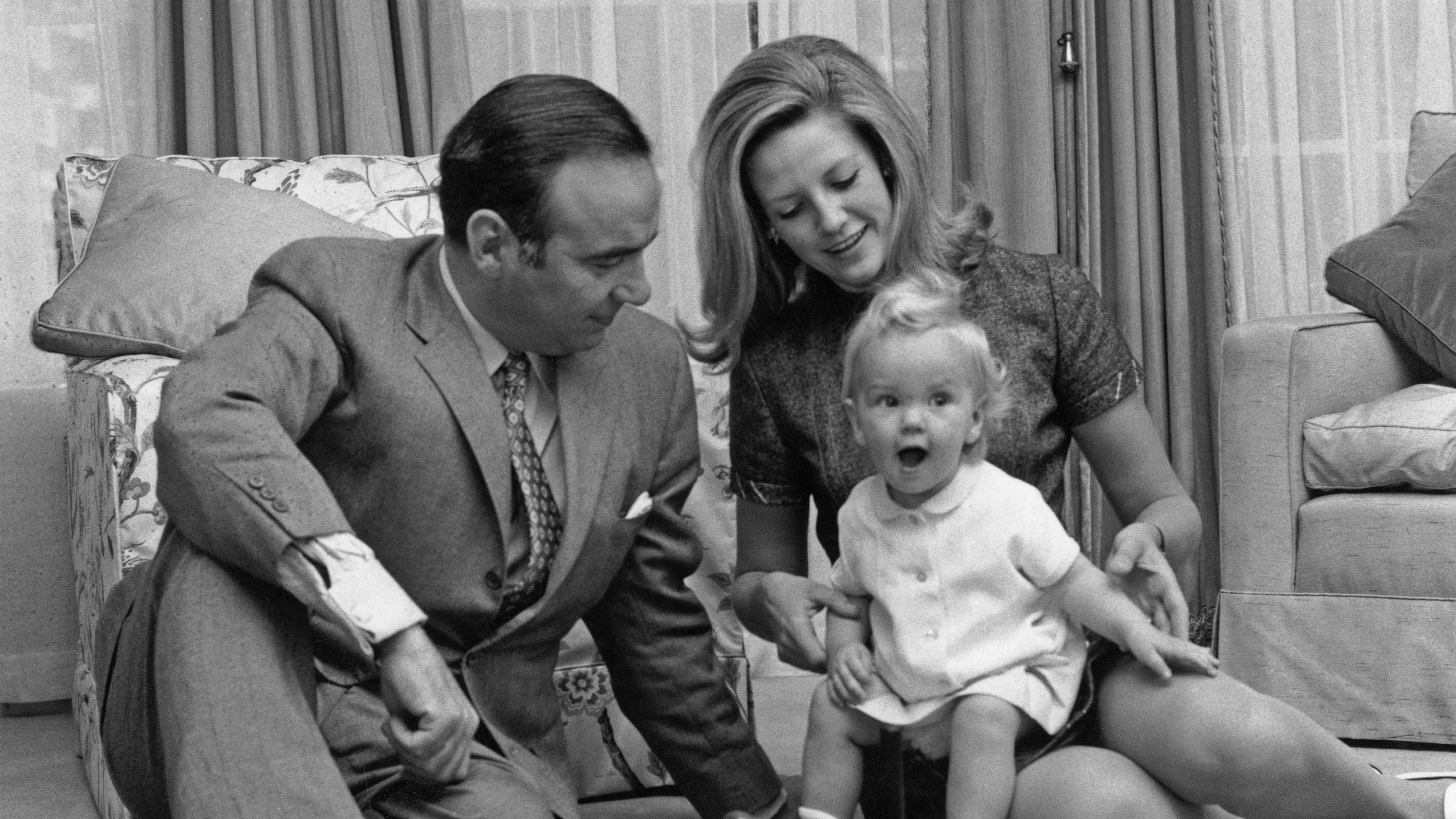 The many wives of Rupert Murdoch
The many wives of Rupert MurdochUnder the Radar The 92-year-old media mogul is to marry for the fifth time